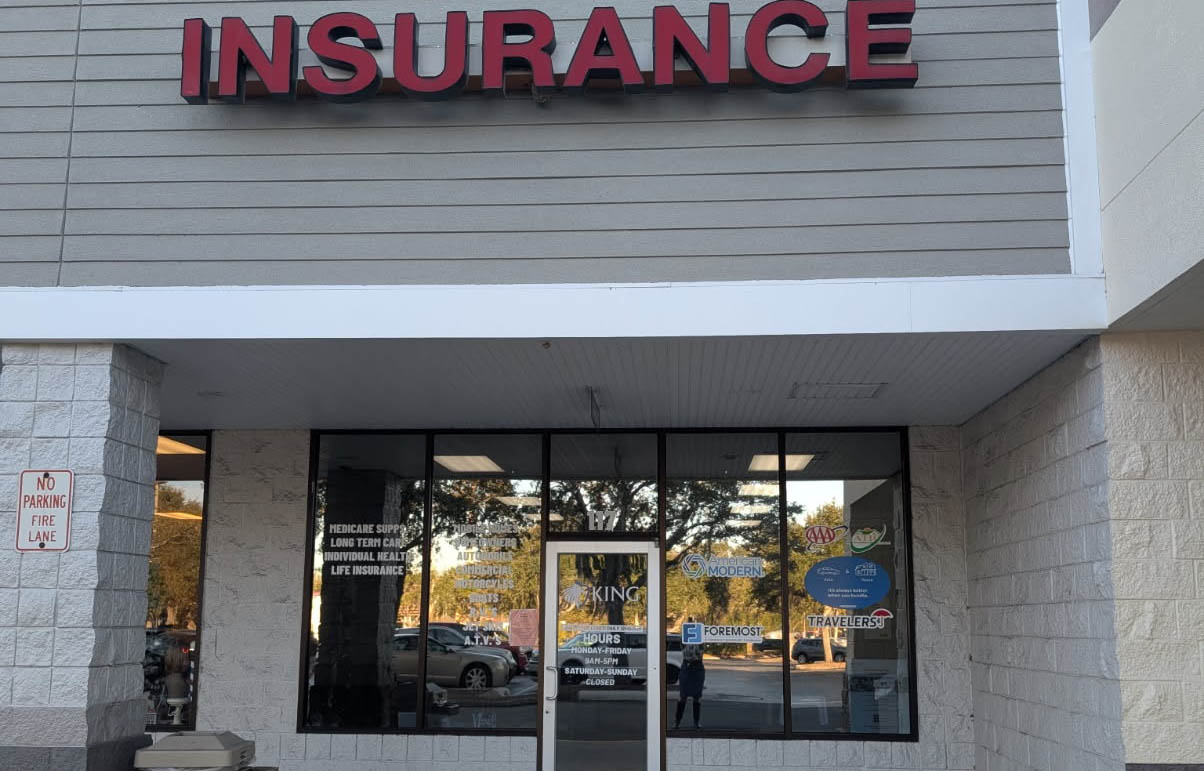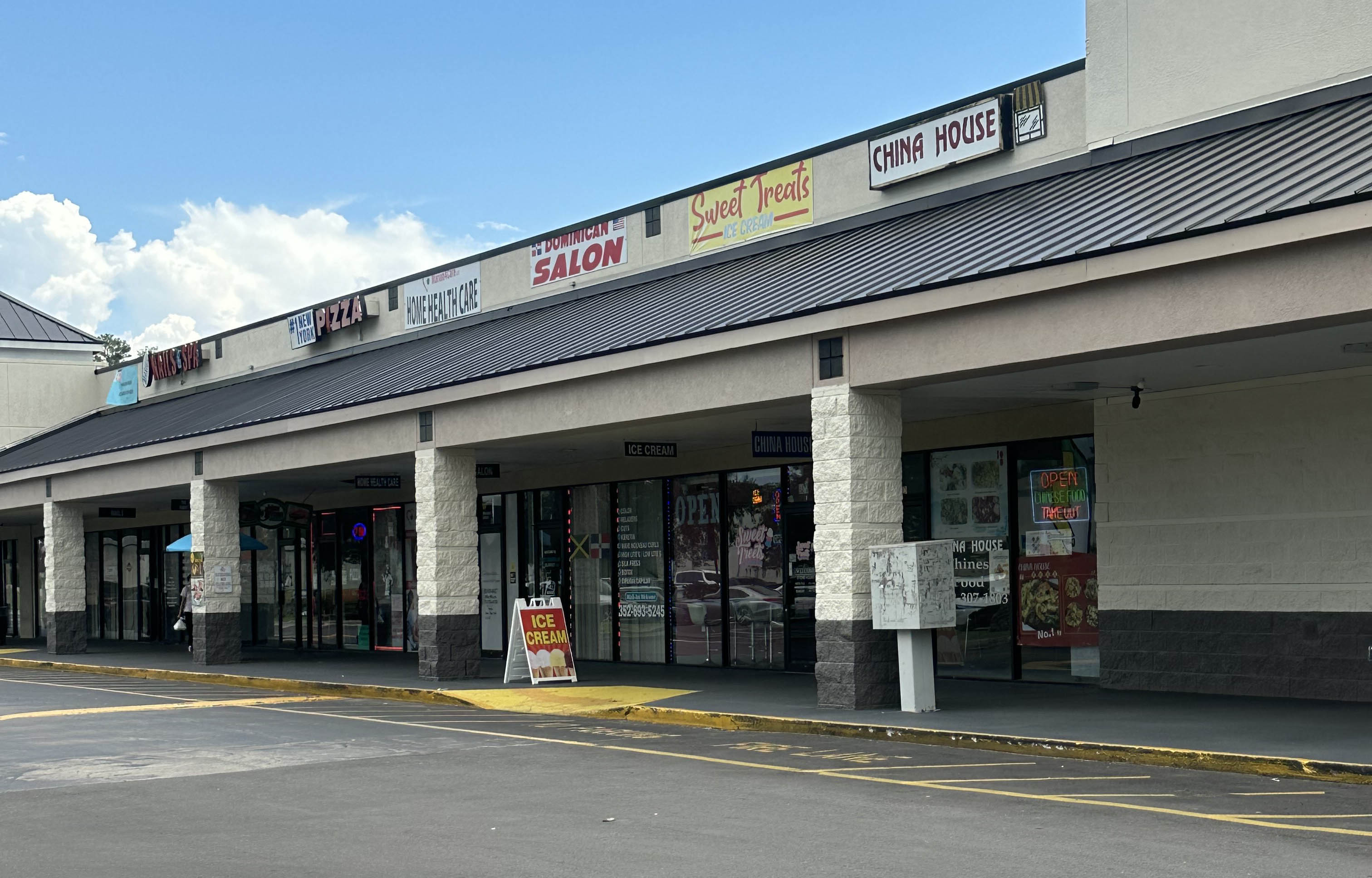Impact investing: An approach for strong risk adjusted returns in real estate - by Michael Zysman

There are many investors that have been on the sidelines waiting for distressed opportunities. Unfortunately, distressed opportunities will be limited in this cycle due to the government’s quick and effective intervention by bailing out the banking system, publicly traded financial markets, businesses, consumers, and municipalities. The government has learned some lessons from previous business cycles which I detailed in my NYREJ article published on October 15th, 2019 (nyrej.com/why-the-next-real-estate-downturn-by-michael-zysman), and has taken the position that it will do everything in its power to protect the public from the economic devastation previous cycles have caused. For investors looking to earn opportunist returns in this market, they should look at adopting an impact investing approach to real estate. Impact investing will not only lead to building a higher standard of living for the average person, it will also create long-term wealth and tax benefits to real estate investors. Many of City Bay Capital’s clients take an impact investment approach to real estate which leads to above average long-term returns on their projects.
Last cycle, a major lesson that lenders learned is not to dispose of troubled assets too quickly. Markets always come back and taking a loss too early on a quality asset with a good sponsor will lead to regret. Many of the assets that lenders will ultimately dispose of this cycle are properties that are past their useful life and/or require a substantial capital investment to restore cash flow. These assets most likely will not be sold at discounts great enough to earn a quick short-term profit. Investors who apply an impact investment approach to acquiring distressed assets will achieve higher long-term returns on their investments.
Impact investors usually have a long-term approach to their investments. They are generally looking to build high quality properties that they can hold in their real estate portfolios for generations. By investing with an impact approach, their properties will have lower operating and capex costs, a more stable and predictable rent roll, a positive track record with the community, and a higher economic impact to the immediate area which leads to long-term success for the project. In a way, impact investing simplifies and mitigates many of the risks of real estate investing.
Here are some examples of impact investing: Making green improvements to your property will not only save on energy costs but the community will have fresher air and cleaner water. This will lead to tenants willing to pay a higher rent to be in that area. Restoring a historic structure and updating the use will create a unique irreplaceable location, that will lead to higher rents and cap rate compression. Adding high quality workforce housing to an area with limited supply will lead to a larger pool of workers for businesses to hire from. This will lead to increased long-term business investment in the area and higher rents for the project. Substantially renovating or repositioning a property that is past its useful life will attract new and exciting well-capitalized tenants. Attracting these tenants will lead to further economic activity in the immediate area and higher rents. Gut renovating and expanding an old motel to a hip and luxurious boutique hotel will provide new jobs and attract complimentary businesses to the immediate area. This will bring economic activity to a sleepy town and provide great returns to investors. These are just a few examples that prove impact investing is a win-win for both the property investor and the community.
Most real estate wealth has been created from long term ownership with high quality management. Distressed investing can lead to high short-term returns but is less likely to outperform impact investing over the long-term. One of the main drawbacks of distressed investing is the risk of reinvesting the capital, since most of the best distressed investments are made once a decade in a window that can last only a few months. With further government intervention in the capital markets and the banking sector, the investment window to buy distressed assets during a recession will most likely shrink further over time. In addition, real estate cycles are increasing in duration and the curve of the cycles is flattening. Adding an impact approach to buying distressed assets will mitigate many of the inherent risks in distressed investing.
In conclusion, impact investing not only benefits the overall community, it creates long-term wealth and decreases the relative risk of real estate investing. Impact investors will worry less about market conditions, have more confidence in their property’s ability to grow rents and attract quality tenants, gain personal satisfaction from providing a high quality product to the community, improve the overall environment, and have an increased confidence in their investment decisions.
Michael Zysman is a managing principal at City Bay Capital LLC, New York, N.Y.
Delisle and Monahan of Island Associates lease 45,000 s/f to Giunta’s Meat Farms at Strathmore Commons


AI comes to public relations, but be cautious, experts say - by Harry Zlokower

Behind the post: Why reels, stories, and shorts work for CRE (and how to use them) - by Kimberly Zar Bloorian

Lasting effects of eminent domain on commercial development - by Sebastian Jablonski









.jpg)

.gif)